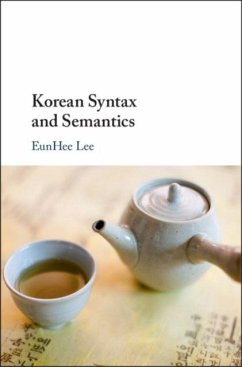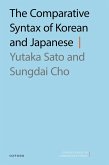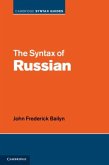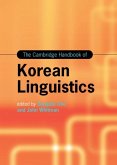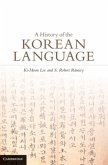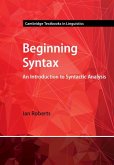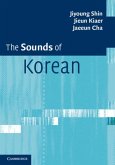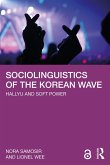Korean has proven to be an invaluable language to theoretical linguists, providing abundant examples of, and counterexamples to, key theoretical issues at the forefront of modern linguistic theories. Exploring the Korean language from both a syntactic and semantic perspective, this book provides an up-to-date linguistic analysis of its structure, combining Minimalist Syntax with accompanying compositional formal semantics. EunHee Lee's detailed chapters cover the core architecture and phenomena of Korean, looking at the lexical layer, the functional layer, nominal structure, movements and complex clauses. A broad range of empirically and theoretically important phenomena are discussed, enabling students and professional linguists alike to understand the workings of the language in current theoretical frameworks. The book also includes discussion questions, exercises and a list of further reading to solidify the theoretical concepts, stimulate thinking and develop the ability to analyze Korean using theoretical tools.
Dieser Download kann aus rechtlichen Gründen nur mit Rechnungsadresse in A, B, BG, CY, CZ, D, DK, EW, E, FIN, F, GR, HR, H, IRL, I, LT, L, LR, M, NL, PL, P, R, S, SLO, SK ausgeliefert werden.

